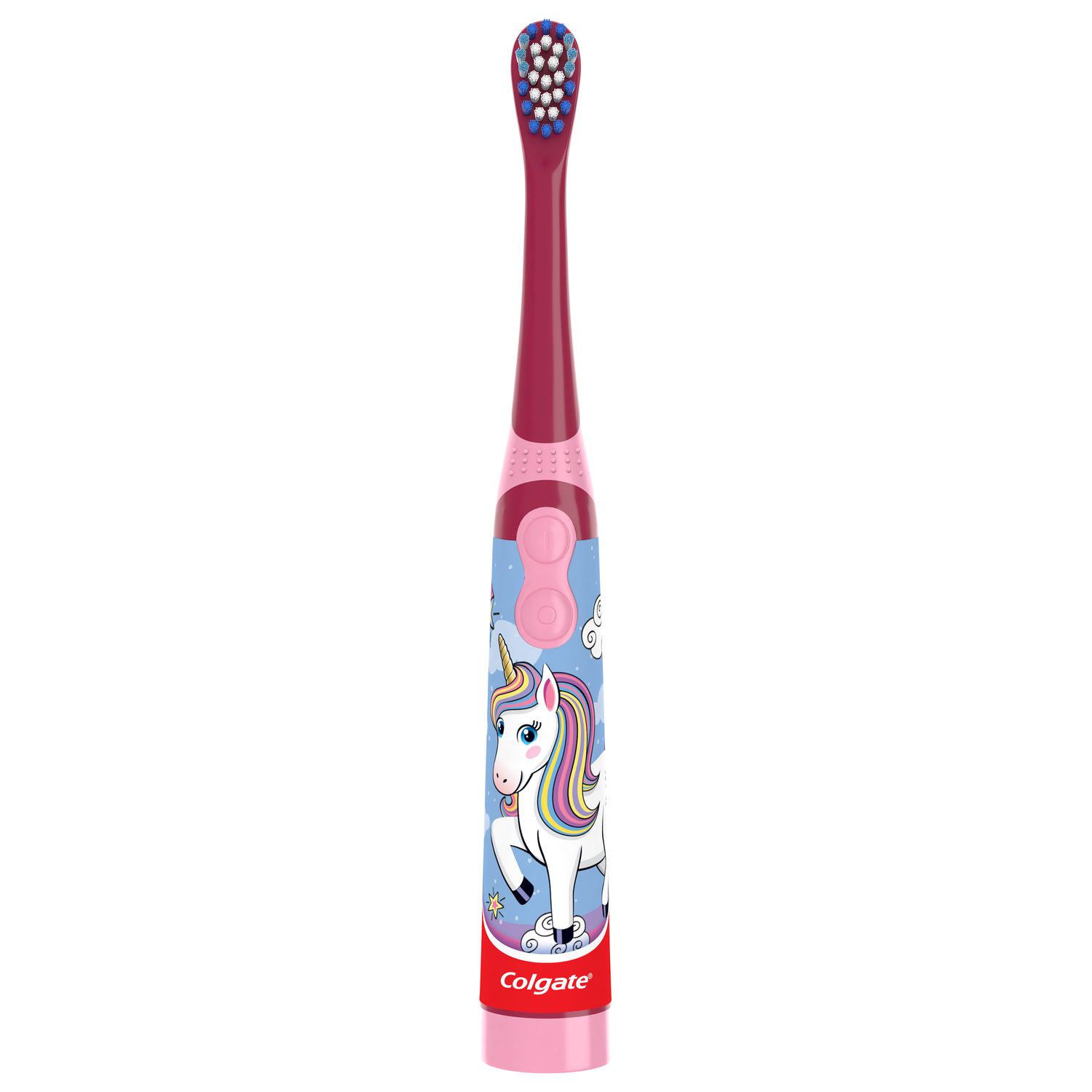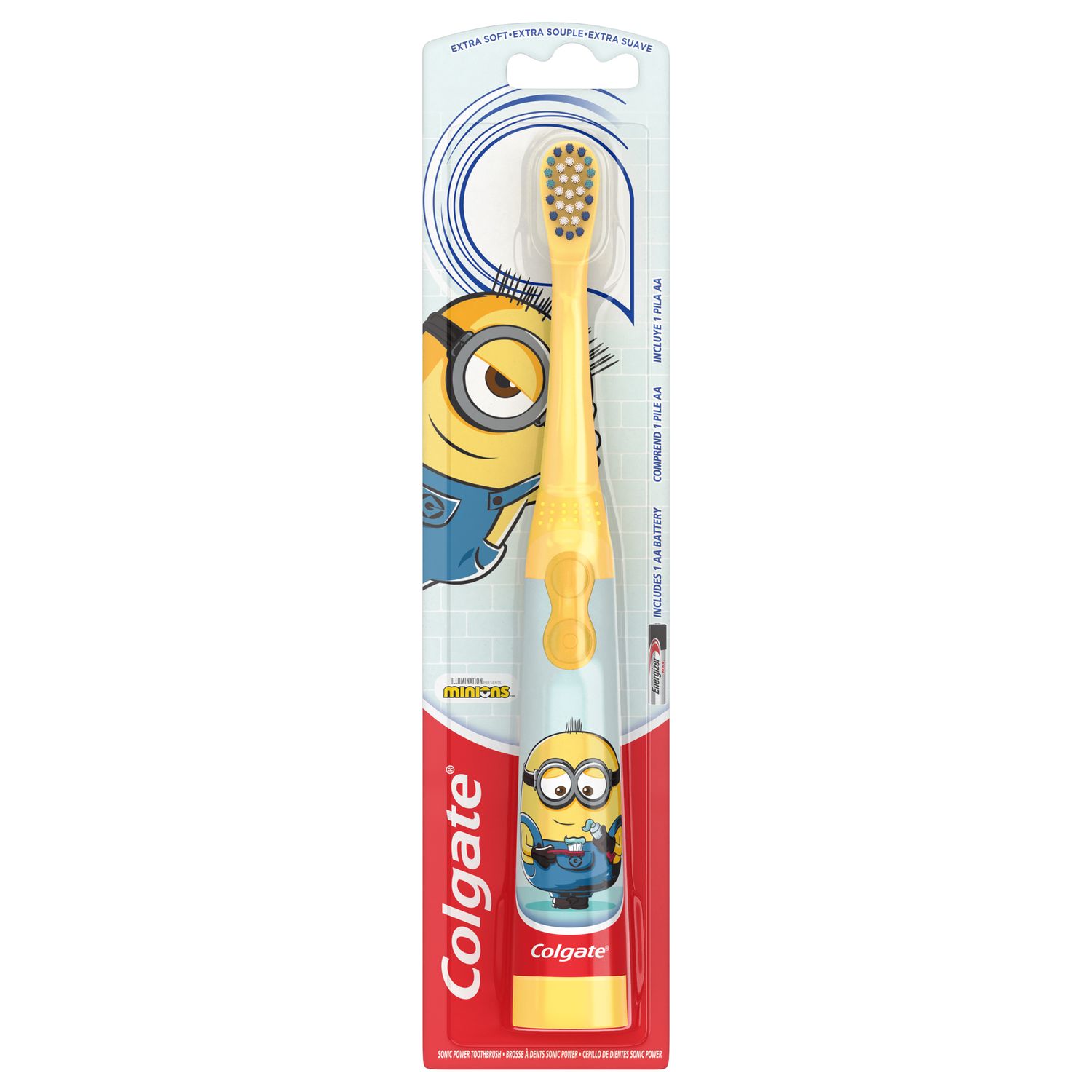Thumb Sucking: What’s Normal?
It's totally normal and safe for babies and toddlers to suck on their thumb. As your child is growing, putting objects and fingers in their mouth is a natural way to explore, integrate, and understand their world. Additionally, some children use thumb sucking as a comfort source, how some may use stuffed animals or a blanket.
According to the American Dental Association, children often stop this behavior on their own between the ages of two and four. They may increase or return to this behavior when stressed, anxious, or to self-soothe when going to bed.
Thumb Sucking: Teeth Consequences
While thumb sucking is developmentally normal for babies and toddlers, it can cause problems if it continues past these early years. While no condition is exclusively caused by thumb sucking, prolonged and chronic thumb sucking is associated with problems like:
Misaligned bite (how the top and bottom teeth fit together).
Difficulties with chewing and swallowing.
Problems with the roof of the mouth (palate).
Speech problems.
Overbite or overjet (where the top front teeth stick out).
Backbite (where the bottom front teeth tip inwards).
Irregular wear on some tooth surfaces.
For school-aged children, thumb sucking can also attract unwanted attention and teasing from siblings or peers, which can impact their confidence and self-esteem.
When and How to Stop Thumb Sucking?
To avoid oral health problems, the American Dental Association (ADA) says that children should be encouraged to stop thumb sucking by the age of four. In addition to their age, the right time to intervene is partly determined by the severity of their thumb sucking. If your child is compulsively or vigorously sucking their thumb, the risk of oral health problems is greater, and it may be wise to nip the habit in the bud as early as possible. The earlier they stop, the less deeply ingrained the behavior will become.
If you observe changes to their teeth or bite alignment, it’s best to schedule a visit with your child’s dental professional for expert insight. Luckily, there are powerful choices you can make on your own to help your child grow out of this behavior or develop healthier alternatives.
How To Help Your Child Stop Thumb Sucking
When it comes to guiding your child away from thumb sucking, reinforcing positive behaviors is more effective than punishing undesirable behaviors. This is the case with most habits, but it’s especially important with thumb sucking because it can actually be caused by stress and anxiety in the first place. Punishment, criticism or admonishment may only serve to increase their urge to suck their thumb, reinforcing the habit instead of breaking it. Avoid these strategies, and try to notice if there are any particular situations that seem to trigger your child’s thumb sucking.
Instead of thumb sucking, offer your child healthy alternatives to manage their stress or anxiety, such as using fidget toys, holding a favorite blanket or toy, doing some arts and crafts, or simply talking to you if they’re old enough to articulate their feelings. Often, these activities can provide comfort and distraction from the source of their worries.
Reinforce positive behaviors with rewards and praise
When your child uses their new coping strategies instead of popping their thumb in their mouth, reinforce their positive behavior with lots of praise. Lots of families find that sticker charts are helpful, with the child receiving a sticker every time they do the desired behavior, or go without doing the undesirable behavior. They can then work to collect enough stickers for a reward, e.g. a special treat, their choice of movie on family night, or a later bedtime at the weekend. Because it motivates them to repeat the positive behavior many times, it supports the formation of a new, healthier habit, while letting the thumb sucking habit fade away.
Have a chat about the effects of thumb sucking
If your child is old enough, have a talk about the negative effects that thumb sucking can cause. You can perhaps use some visual aids, like photographs of misaligned teeth. To avoid it becoming a “scare” talk, however, use moderate examples and contrast them with positive examples of lovely, healthy smiles.
Offer gentle reminders
As anyone who’s ever had a bad habit may realize, thumb sucking can easily become habitual, and your child may not even realize that they’re doing it. Discouraging them with reminders can be helpful to draw their attention before they engage in the habit.
Physically block thumb sucking
Thumb sucking can be harder to prevent at night. A child’s need for comfort goes up, their self-regulation goes down, and you’re not able to be there monitoring and diverting the habit. Instead, you can try putting a glove or a bandage on your child’s hand at night to physically prevent them from thumb sucking. You can also buy bitter-tasting lotions or nail polishes, or a thumb sucking guard, to put on your child’s thumb to discourage them.
Bring in the experts
If you’re having trouble encouraging healthy changes on your own, consult your dental professional or pediatrician for their insight. They can offer you expert tips on managing behaviors like thumb sucking, and your dentist may be able to recommend a dental appliance or other product that can help.
When it comes to helping your child, it’s vital to increase your knowledge of what’s effective and harmful to change their behavior. You’ve made a great first step by reading this article, and now you have the perfect opportunity to help them with reinforcement and stress management.
Frequently Asked Questions About Thumb Sucking
Is thumb sucking considered normal behavior for children?
For babies and toddlers, thumb sucking is considered a normal developmental behavior. Young children often put things in their mouths as a way to explore the world around them, and thumb sucking can be a source of comfort, too.
At what age should parents be concerned about their child's thumb sucking habit?
The American Dental Association advises that children should be encouraged to stop thumb sucking before the age of four.
Can thumb sucking lead to dental problems?
Thumb sucking that continues past the age of four can contribute to various oral health problems. These include a misaligned bite, problems chewing and swallowing, speech impediments, and excessive wear on some teeth.
What are some tips for helping children stop thumb sucking?
The most effective strategies for stopping thumb sucking are positive reward and stress management. Try to notice and remove stress triggers for your child, and offer them healthier coping strategies like talking, playing games, or cuddling a stuffed toy. Never use punishment; reinforce your child’s positive behaviors with praise and rewards instead.
When should parents seek professional help for their child's thumb sucking habit?
If thumb sucking persists past the age of four, or it seems compulsive or vigorous, and your efforts to manage it at home have not been successful, it’s time to ask your dentist or your pediatrician for support.
Oral Care Center articles are reviewed by an oral health medical professional. This information is for educational purposes only. This content is not intended to be a substitute for professional medical advice, diagnosis or treatment. Always seek the advice of your dentist, physician or other qualified healthcare provider.
ORAL HEALTH QUIZ
What's behind your smile?
Take our Oral Health assessment to get the most from your oral care routine
ORAL HEALTH QUIZ
What's behind your smile?
Take our Oral Health assessment to get the most from your oral care routine















